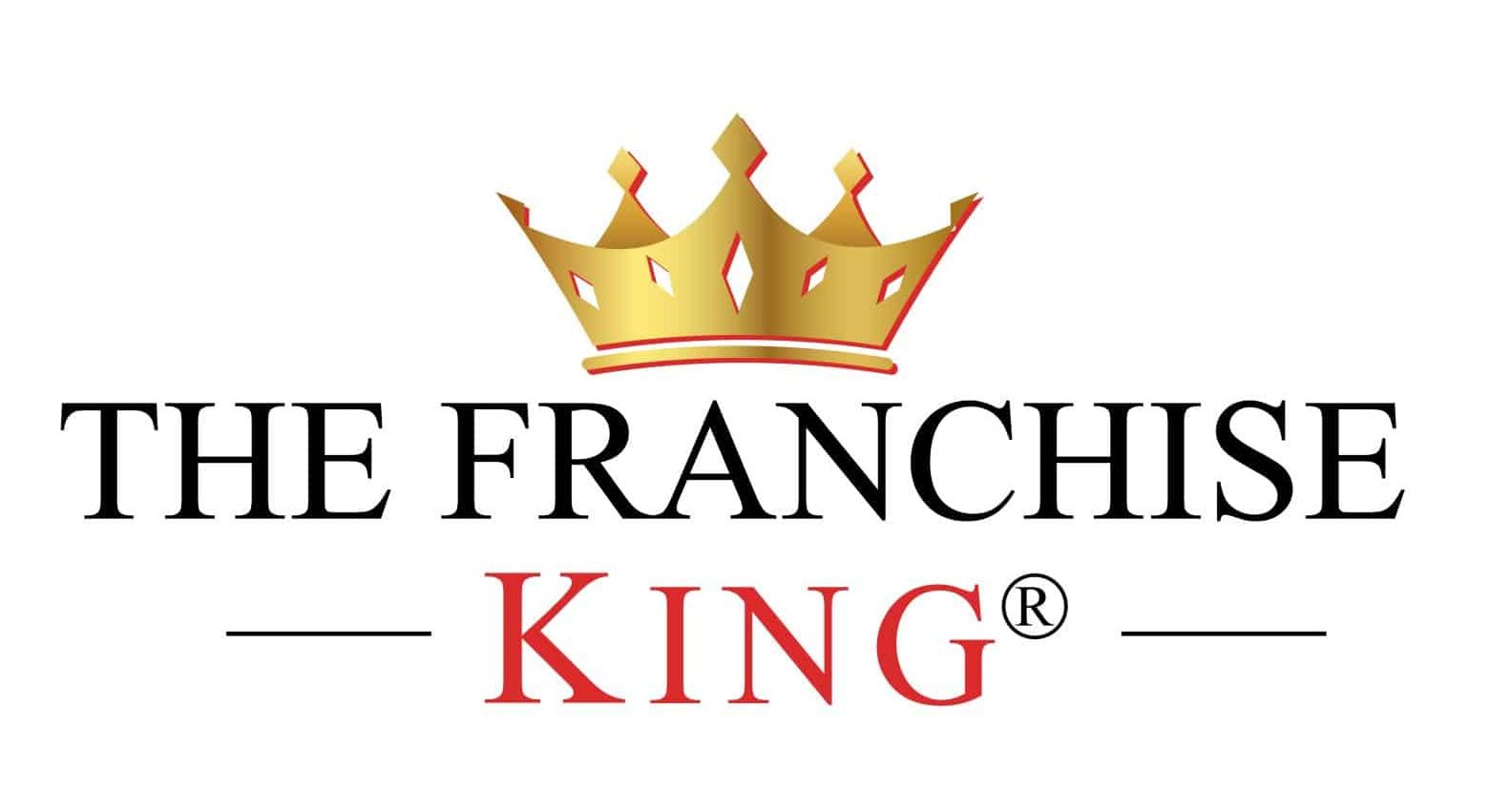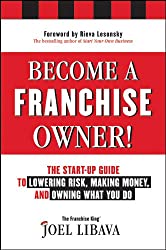
Even with all the support that comes with a franchise, I’ve personally seen plenty of smart, capable first-time franchisees stumble in their first year as franchisees.
Part of the reason is the human factor. Especially humans who are first-time small business owners. Mistakes do and will happen.
With that in mind, would you like to learn how to avoid some of the most common mistakes I’ve seen first-time franchisees make?
I thought so. Let’s dive in to the Big 5.
The 5 Mistakes First-Time Franchisees Make
As I said, mistakes can be made. Heck-they are made. After all, you’re human. But some of them really can be avoided. You just need to be aware of what they are.
With that in mind, here they are, in no specific order.
Skipping Through Due Diligence
The excitement of owning a franchise can be overwhelming, and it’s tempting for first-time franchisees to rush through the validation process.
I’ve seen eager first-time franchise owners sign Franchise Agreements after talking to just two or three existing franchisees – big mistake.
Here’s what thorough due diligence looks like: connect with at least 10-15 current franchisees, including some who’ve been in business for different lengths of time. Ask the tough questions:
“What’s your actual profit margin?”
“How long did it take you to break even? “
“What surprises did you encounter? “
“Are you getting the support that was promised?“
“Knowing what you do now, would you do it again?”
Remember; current franchisees are your best source of unfiltered truth about the system. Don’t just talk to the top performers the franchisor recommends – seek out franchisees who’ve struggled or even failed. Their insights are often the most valuable.
Underestimating the True Financial Commitment
Let’s have a frank conversation about money. One that too many first-time franchisees forget to have.
For instance, the franchise fee? That’s just the tip of the iceberg. I’ve watched too many first-timers drain their resources before they even open their doors because they didn’t account for the full financial picture. Beyond the initial franchise fee, you need to consider:
- Working capital for at least 12 months of operations
- Marketing and advertising fees (both initial and ongoing)
- Equipment and inventory costs
- Employee training and hiring expenses
- Real estate deposits and improvements
- Emergency funds for unexpected setbacks
- Business entity setup
Here’s a tip for a first-time franchise owner: take your initial investment calculation and add 25-30% as a buffer. It might seem excessive, but in my experience, it’s better to be over-prepared than underfunded.
Remember, most business failures aren’t due to poor products or service – they’re due to running out of cash before gaining enough traction to get to break-even and profitability.
Choosing Franchises Based on Personal Interest Rather Than Market Viability
I get it – you love that new food concept or the latest fitness craze.
But here’s the hard truth: your personal enthusiasm doesn’t guarantee market success.
So, before you commit, you need to become a market research expert. This means:
- Analyzing local demographics and comparing them to the franchise’s ideal customer profile
- Understanding the competitive landscape (including indirect competitors)
- Evaluating market saturation and growth potential
- Considering economic trends in your target area
- Assessing the brand’s staying power beyond current trends
Tip: Use this free local resource to help you with the bulleted points above.
It all boils down to this:
The most successful first-time franchisees I know chose their businesses based on solid market analysis, not personal preferences. Sometimes the most profitable franchise opportunity might be in a franchise sector you’d never considered before.
Treating the FDD Like Standard Paperwork
The Franchise Disclosure Document (FDD) is arguably the most crucial document you’ll encounter in your franchise journey, yet many first-time franchisees skim through it like it’s a software user agreement. Don’t do that! Why?
Because this document isn’t only legal jargon – it’s your roadmap to understanding exactly what you’re getting into. Like, who is responsible for what? How big is your territory? And more.
Learn how to get free Franchise Disclosure Documents
Key areas of the FDD that demand your attention as a first-time franchisee include:
- Item 19: Financial performance representations
- Item 7: Detailed breakdown of initial investment
- Item 12: Territory rights and restrictions
- Item 6: Other fees and expenses
- Items 3 and 4: Litigation history and bankruptcy disclosures
Finally, you need to find a qualified franchise attorney to review the FDD with you.
Yes, it’s an added expense, but it’s significantly cheaper than discovering unwelcome surprises after you’ve invested $250,000 in your dream franchise business opportunity.
A Huge Mistake First-Time Franchisees Make: Planning for Immediate Profitability
Here’s a reality check: expecting immediate profits is like expecting to run a marathon without training.
The fact is, most successful franchises take 12-24 months to reach profitability. That’s right. A fast payday isn’t going to happen. Unless you do this. Next…
You need to put together a realistic business plan.
Specifically, one that includes a month-by-month cash flow projection for your first two years in business. Plus:
- Realistic revenue ramp-up periods
- Seasonal fluctuations
- Marketing campaign timelines
- Staff training and development
- Inventory management cycles
- Equipment maintenance and replacement schedules
Important: don’t blow-off writing a business plan. It’s an amazing, must-use tool to use before you open for business and while you grow it.
A Summary For The First-Time Franchise Owner
The most successful first-time franchisees I’ve worked with all share one common trait: they planned for the long game, not quick wins.
As a matter of fact, a gentleman I worked with who ended up buying some Great Clips franchises, told me the following:
“Joel, than you for shifting my thinking from short-term to long-term. Because of what you said, I’m now the proud owner of a Great Clips franchise with more to come.”
Read what other franchisees say about working with me
That said, you need to remember that buying a franchise isn’t just purchasing a business – it’s joining a system.
Your success depends on how well you researched, planned, understood, implemented, and then used that business system within your market.
So, take your time, do your homework, and build a strong foundation before you take the plunge.
Finally, by avoiding the 5 critical mistakes I pointed out above, you’ll be better positioned to join the ranks of successful first-time franchisees who’ve built thriving businesses-and with it, their own version of The American Dream.
About the Author
The Franchise King®, Joel Libava, is a leading franchise expert, author of "Become a Franchise Owner!" and "The Definitive Guide to Franchise Research." Featured in outlets like The New York Times, CNBC, and Franchise Direct, Joel’s no-nonsense approach as a trusted Franchise Ownership Advisor helps aspiring franchisees make smart, informed decisions in their journey to franchise ownership. He owns and operates this franchise blog.
Note: When you buy through links on this website, we may earn an affiliate commission.









